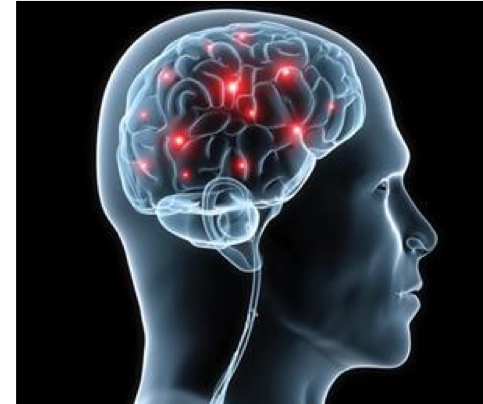SHARES

Neuroplasticity, also known as brain plasticity describes the brain’s ability to change physiologically, and adapt as we experience life.
Or as Dr. Campbell chooses to describe it:
“It refers to the physiological changes in the brain that happen as the result of our interactions with our environment. From the time the brain begins to develop in utero until the day we die, the connections among the cells in our brains reorganise in response to our changing needs. This dynamic process allows us to learn from and adapt to different experiences.” – Celeste Campbell (n.d.).
For many decades, scientists believed that the brain was a “non-renewable organ”. That nature has bestowed brain cells in a finite amount and they slowly die as we age. All that changed thanks to the modern advancements in technology. Researchers are now able to see the inner-workings of the brain in a never-done-before manner.
Brain Neuroplasticity – How It Works
While neuroplasticity occurs throughout life, children have a greater ability to learn and retain information in comparison to adults. At birth, embryologists believed infants are born with approximately 2,500 synapses and generate 15,000 synapses more from the time of birth till the age of three.
However, throughout adolescence, our synapses weaken reducing it by 50 percent. This happens as a result of ‘synaptic pruning”. Much like pruning plants for growth, this happens as we pursue life. As we gain new experiences, frequently used neurons strengthen whilst eliminating others that lay dormant.
By developing new connections and eliminating the weaker ones, the brain is able to adapt to the changing environment. Neuroplasticity works on a “fire together, wire together” principle. Simply put, neural pathways in the brain are formed and reinforced through repetition. For example, consistent practice of meditating, learning a new instrument or a new language, would strengthen the already formed pathways.
While most of life is not promised, neuroplasticity assures that one has control over who one chooses to be and that nothing is truly impossible. While your brain undergoes numerous changes that you may or may not consent to, you can control and rewire your brain by establishing better habits that contribute to your overall health, well-being, and happiness.
Mind over matter.
You can search, find, call, send enquiry or request for appointment with a GP/ Family Doctor on GetDoc:
Find a GP/Family Doctor in Malaysia, on GetDoc
Find a GP/Family Doctor in Singapore, on GetDoc
by Yashwini Ravindranath
Born & raised in Malaysia, Yashwini earned her M.D. studying in Moscow's Russian National Research Medical University. With an affiliation towards research, all things coffee and the startup ecosystem, she now contributes articles to GetDocSays View all articles by Yashwini Ravindranath.





